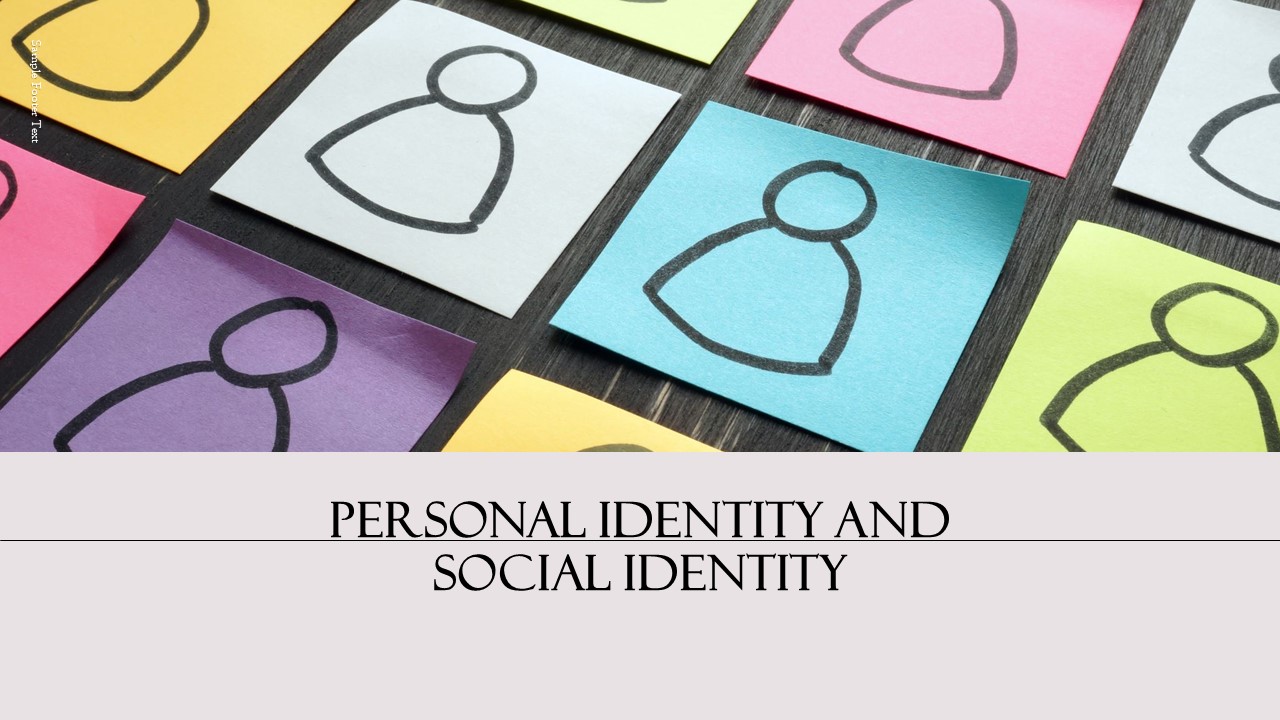Personal, social, and cultural identities, along with more specific kinds like sexual or gender identity, are essential constituencies of an individual’s identity. All these are about how people are aware of themselves, but they differ in the attributes that represent each of these identities.
Personal and Social Constituents of Individual Identity
Personal identity and social identity can have various contributions to our individual identity. Some people consider their personal qualities to be the most defining part of their identity, while others view their social identities as the most important part of their identity. People in different cultures also differ in this regard.
For example, in individualistic Western societies, such as the US, with high values of autonomy, individuals feel independent from any social group. Therefore, many people believe that their individual selves primarily define their identity. On the other hand, in collectivistic Eastern societies, such as Japan, with high values of connection, individuals feel interdependent with “their social group.” Therefore, many people believe that their social selves largely define their identity.
What Is Personal Identity?
The term “identity” commonly refers to the personal identity of a human individual. Identity is an individual’s understanding, self-identification, and being of who or what she or he is.
“Personal identity” is a set of beliefs, roles, traits, and other characteristics that a person believes describe himself or herself. This kind of identity refers to what kind of individual qualities a person has: whether the person is small or big, tall or short, what age they are, whether the person is emotional or rational, outgoing and extraverted or reserved and introverted, energetic or not. Personal identity can refer to self-conception and self-esteem, even though the latter may be closely related to social identity.
Personal identity refers to an individual’s “self” and how she or he is aware of it. Personal identity can also refer to his or her sexual and gender identities. However, someone may argue that gender is a social construction.
Personal awareness and self-attribution of what group the person belongs to refer to his or her social identity. Personal and social identities are intertwined with each other.
What Is the Social Identity of a Person?
Social identity is the self-perception, self-awareness, self-attribution, and self-conception of a person in relation to various social attributes and characteristics. Among those are the social roles that a person fulfills, such as mother, father, daughter, son, student, teacher, professional, worker, merchant, and customer.
People tend to divide the social world around them into “us” and “them”. That is called “social categorization,” when we put others and ourselves into social groups.
Social categorization of ourselves is an important part of our social cognition. Based on such social categorization, we socially identify ourselves with one or another group, as well as with other social groups. Then, we compare “our group,” since it is a part of our social identity, with “the other group.” Such a comparison can either humiliate or boost our self-esteem as social individuals. We are better than they are. We are stronger and smarter. The strength and intelligence of a group add extra support to our own individual qualities.
Social identity theory defines “social identity” as a person’s sense of who they are regarding group membership. The groups they belong to give people a sense of their social identity. For a person, belonging to groups such as family, friends, classmates, sports teams, and social clubs that she or he belongs to is valuable for their self-esteem.
See more about this in What are cultural stereotypes?
